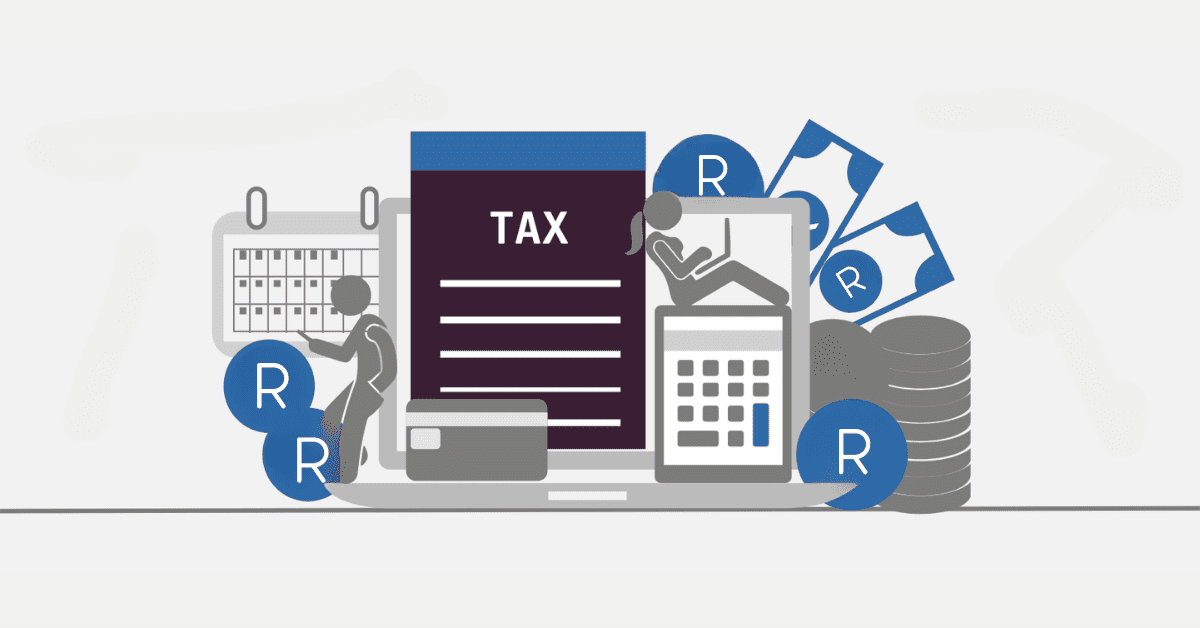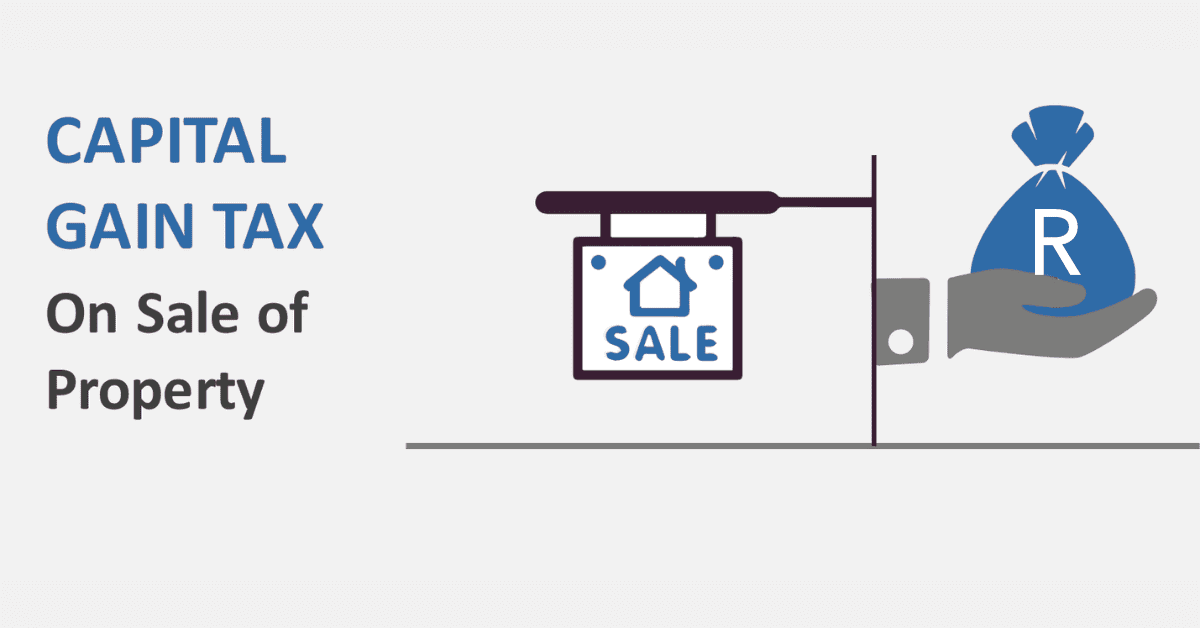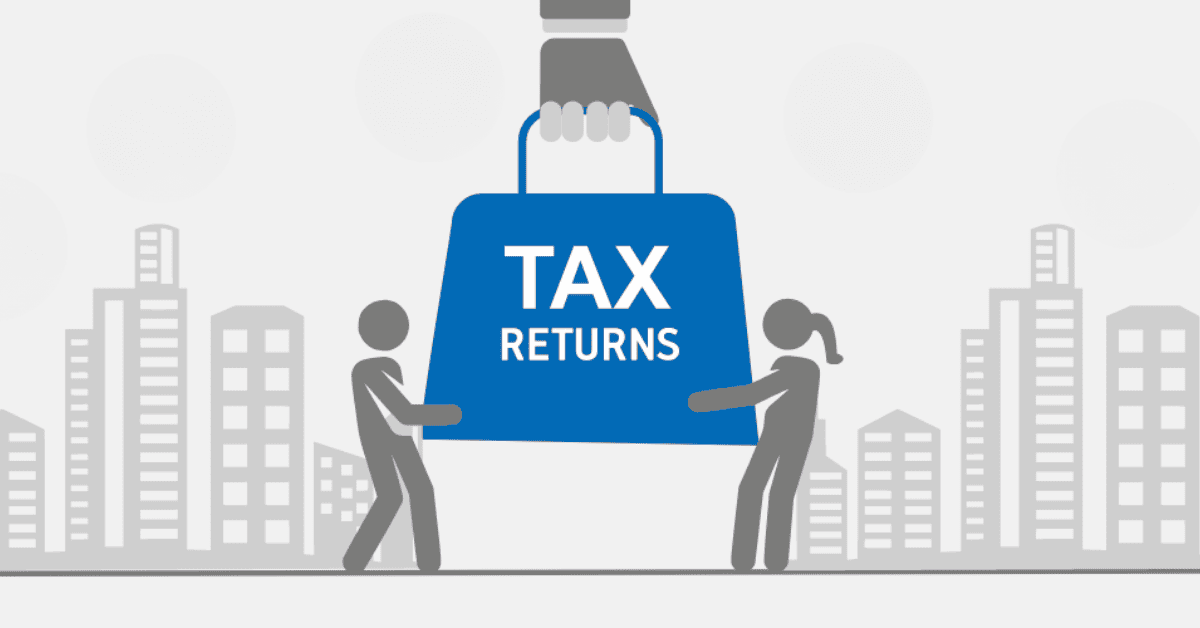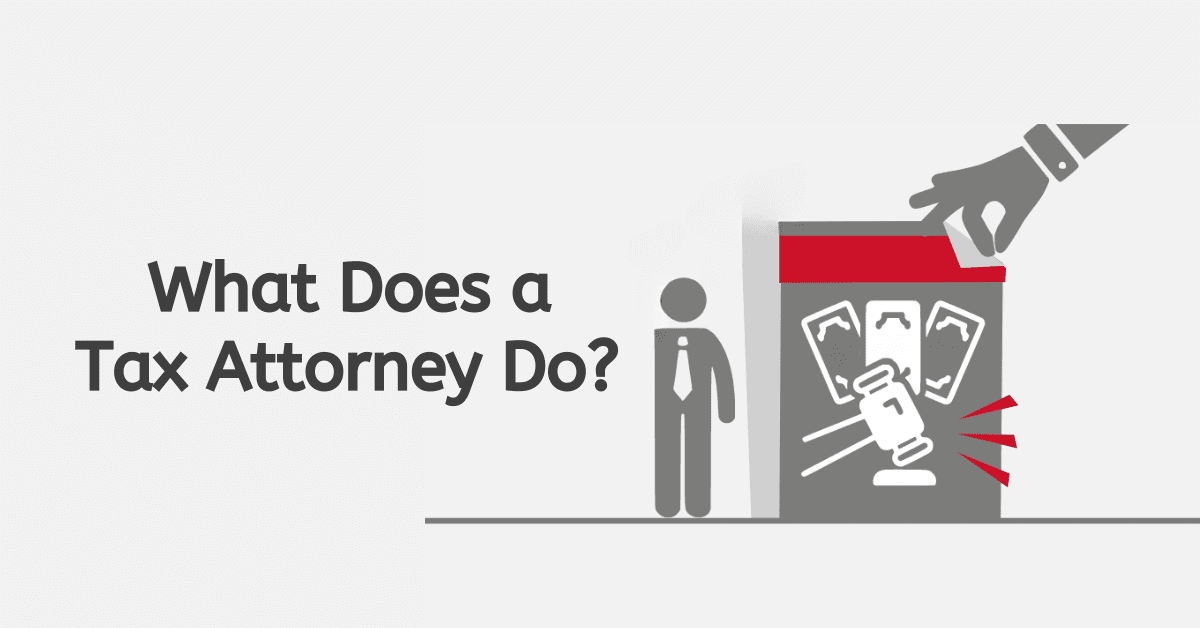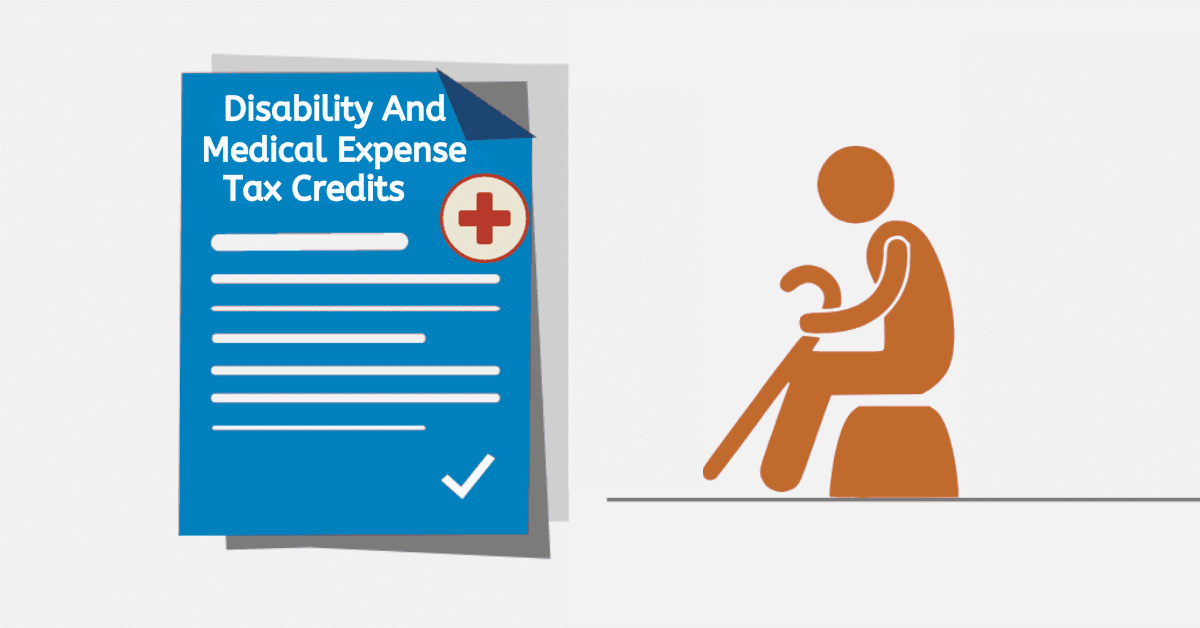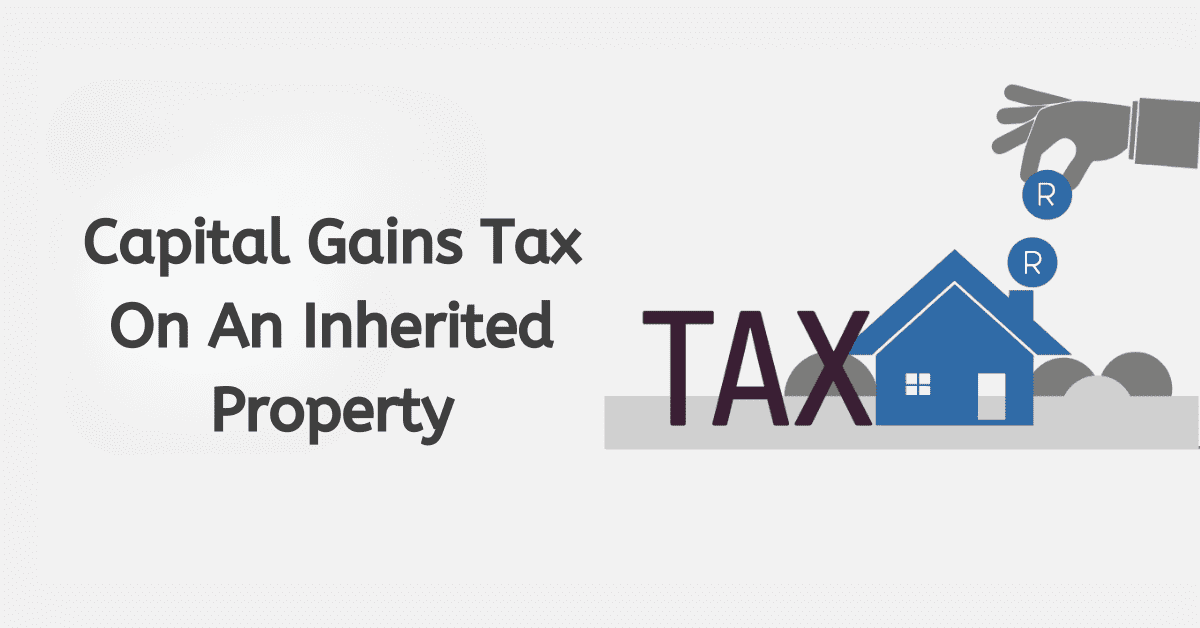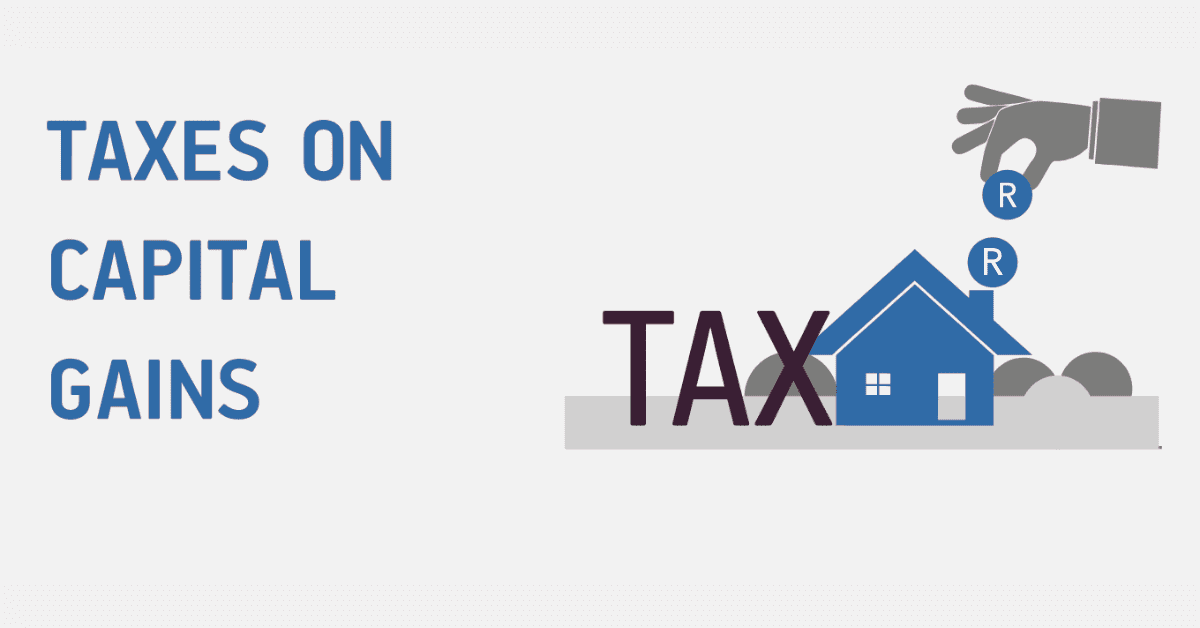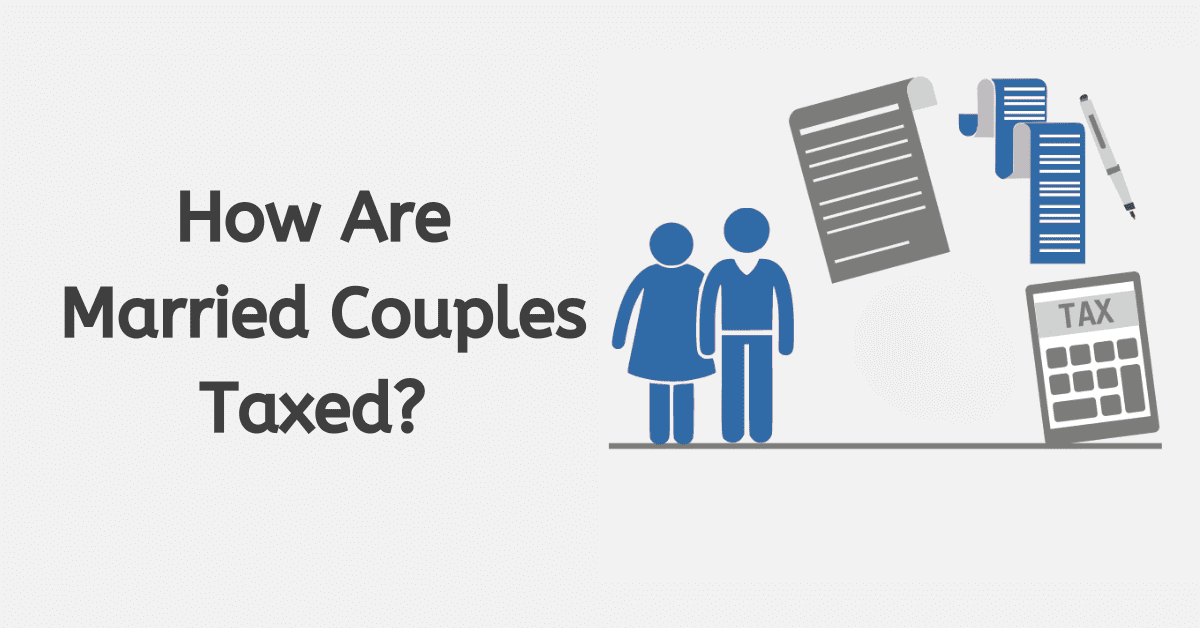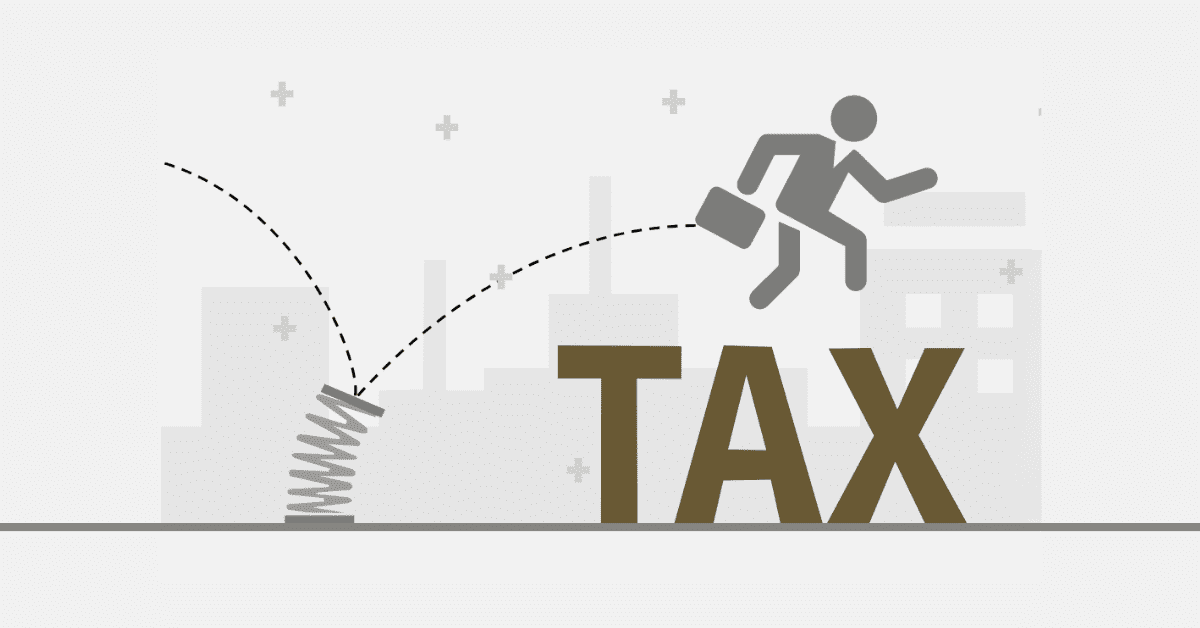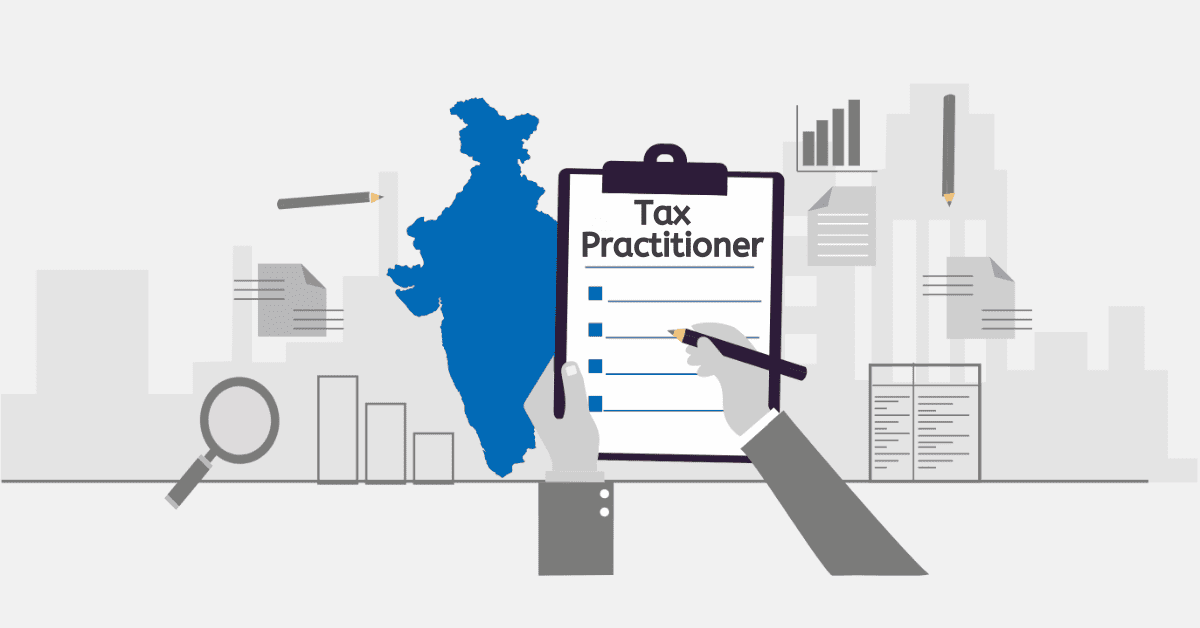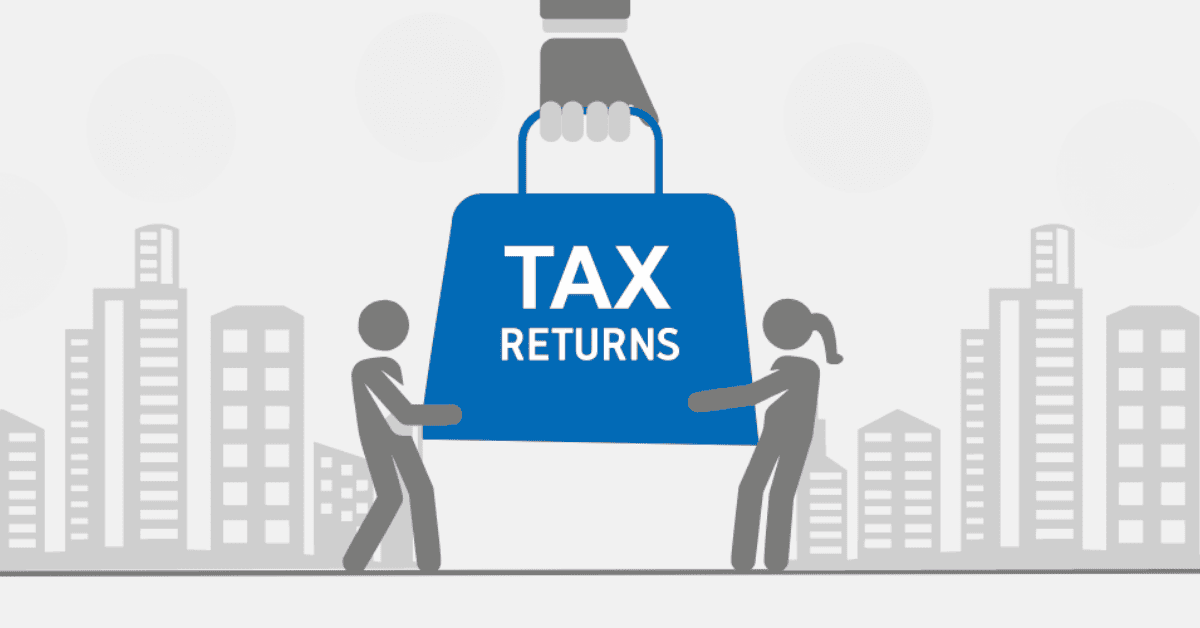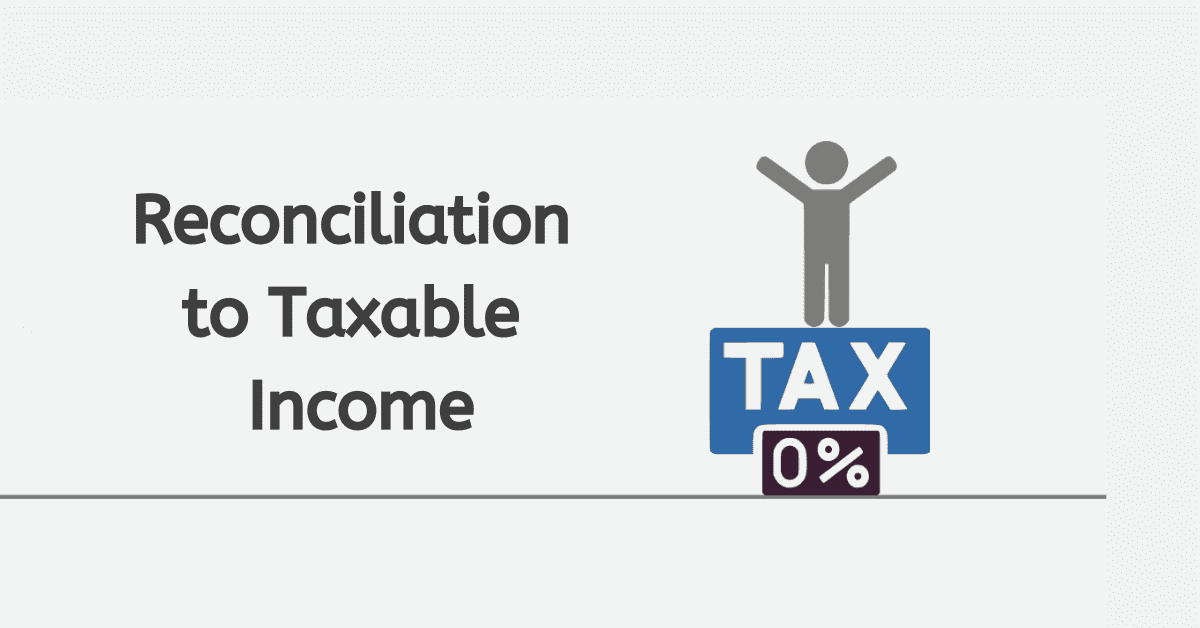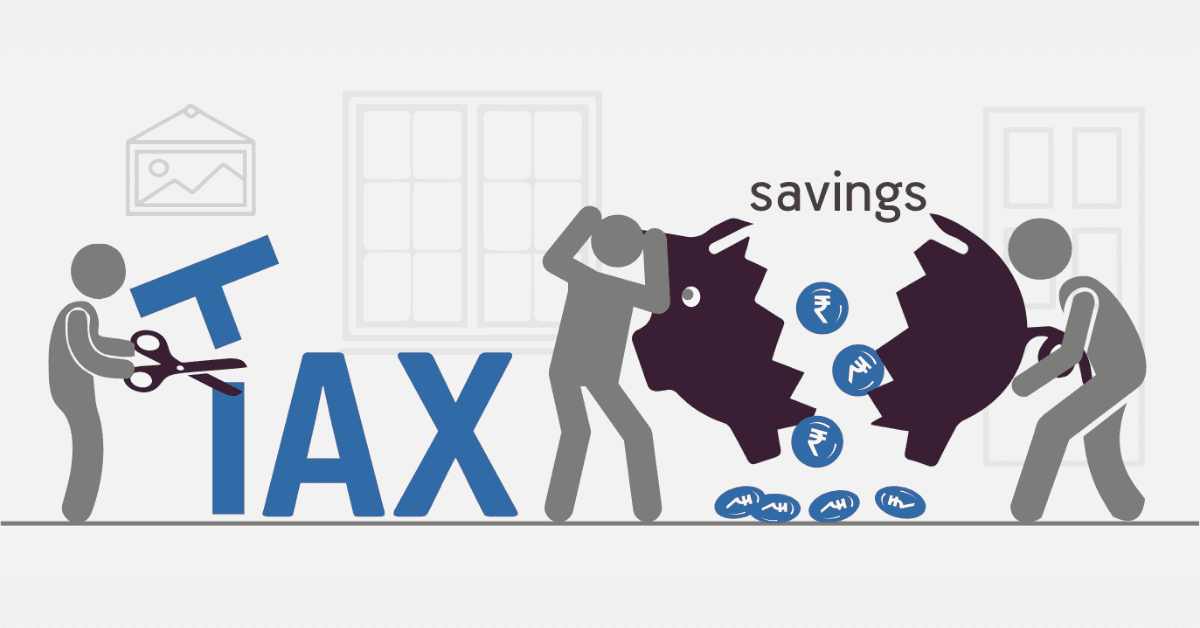While environmental and social issues have not become quite as important in South African legislation as they have in the EU zone, there are still some ‘green’ taxes and issues you should be aware of. A key one for South African businesses is the so-called ‘Carbon Tax’. Signed into law in 2019, and often referred to as a CBT requirement, this section of legislation hopes to help curb carbon emissions from businesses that adversely impact the environment. Today we will be unpacking some CBT basics you should be aware of.
What is the Carbon Tax in South Africa?
To help work towards more sustainable environmental practices, South Africa implemented the Carbon Tax as a tool to address climate change and promote a low-carbon economy. The Carbon Tax is a fiscal instrument aimed at reducing greenhouse gas emissions by assigning a cost to carbon dioxide (CO2) and other greenhouse gas emissions companies make.
What is the Carbon Tax Rate in South Africa (2024)?
As of 2024, the Carbon Tax rate in South Africa stands at R159 per ton of carbon dioxide equivalent (CO2e). To help reduce the financial impact of this new tax type on companies, they are encouraged to explore ways to generate lower emissions rates through different fuels and better, more sustainable environmental practices. Carbon taxes have become something of a controversial thing globally, with experts torn about the impact they actually have on encouraging sustainable practices. However, on the financial side all that matters is correctly assessing and paying this tax as needed, not the intricacies of its legislation.
Who Needs to Pay Carbon Tax in South Africa?
The Carbon Tax applies only to businesses and other entities that engage in activities resulting in the emission of greenhouse gasses exceeding a prescribed threshold. Specifically, entities with direct emissions exceeding 10,000 tons of CO2e per annum fall under South Africa’s Carbon Tax regulations.
The Carbon Tax primarily affects entities operating in sectors such as energy, industrial processes, and fossil fuel combustion. This includes both governmental as well as private businesses.
If your business qualifies under these Carbon Tax regulations, it must submit an annual emissions report to the Department of Environment, Forestry, and Fisheries (DEFF).
Which Goods are Subject to CBT?
Unlike goods subject to customs duties, the Carbon Tax primarily targets the emissions associated with the production and consumption of energy. Therefore, the tax is not levied directly on goods but rather on entities responsible for emitting greenhouse gasses. Industries and activities subject to Carbon Tax include:
- Entities involved in the generation of electricity and thermal energy
- Certain industrial activities, especially those relying on fossil fuels, may surpass the emissions threshold, making them liable for Carbon Tax.
- The combustion of fossil fuels, a significant contributor to greenhouse gas emissions, falls within the scope of Carbon Tax regulations. This could affect adjacent industries like mining.
How do I Submit My CBT Account?
SARS is responsible for the collection and management of all funds generated as CBT. So, luckily, you can use the eFiling platform to file these returns, similar to other tax types like VAT and income tax. However, there is a lot more admin, and some separate reporting requirements (for acquiring a license) associated with the Carbon Tax. This is an area where getting some professional and experienced help is highly recommended. Remember that you will also have to file your annual emissions report, which must be structured and formatted in very specific and professional ways, as well as file returns related to CBT.
Log in to the SARS eFiling platform using your business credentials. If your company is not yet registered on eFiling the registration process must be completed beforehand. Remember to register for the returns relevant to CBT as well as your other tax types. You can always add new tax types if you need to, too, but you don’t want to fall behind on reporting and filing returns.
Head to the tab specific to the Carbon tax to access your returns. Select the correct filing period, and request the relevant return. Follow the prompts to complete the Carbon Tax return. You will need detailed information about your entity’s emissions, fuel combustion processes, and other relevant data. When asked, upload all necessary supporting documents, including emissions reports and any additional documentation required to substantiate the information you have provided. You can then submit the form on eFIling and make all necessary payments through your usual channel.
Key Considerations for Carbon Tax (CBT) Compliance
Unlike simpler, more administrative, tax requirements, there is a large and complex body of licensing and supporting needs regarding the Carbon Tax. Here are some brief things to keep in mind.
- Businesses subject to Carbon Tax should implement robust monitoring systems to track and report their emissions.
- For entities with complex emission profiles, engaging with environmental consultants can provide valuable insights. These professionals can assist you in accurately calculating emissions and ensuring compliance with Carbon Tax regulations. They may also be able to suggest ways to lower your carbon emissions and improve sustainability.
- To mitigate the financial impact of Carbon Tax, companies can explore carbon offset opportunities. This involves investing in projects that reduce or sequester greenhouse gas emissions, thus balancing the entity’s carbon footprint. While the impact and use of these offsets have encountered a lot of criticism from global bodies, using them makes sense from a financial perspective and they are legal.
Remember that this is a very new concept in South Africa, and environmental regulations can change or be updated very quickly. Staying on top of these changes is essential to stay compliant, and will likely require expert consultation.
